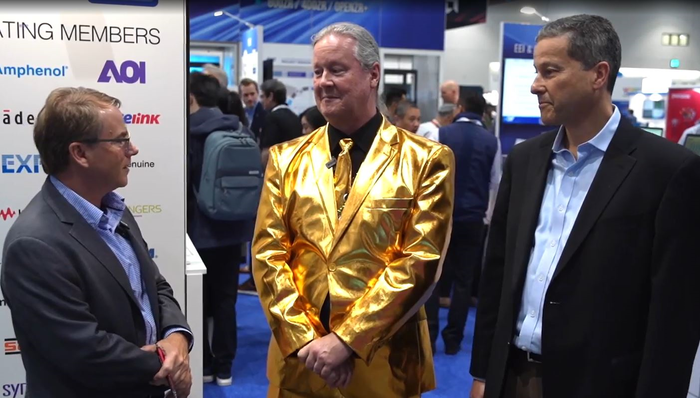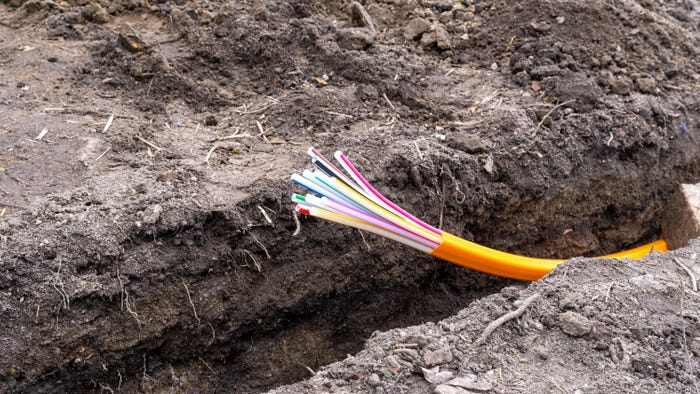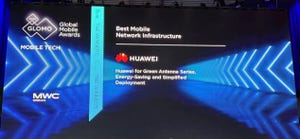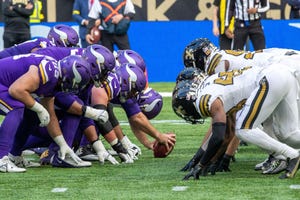Network Technology
More Topics
thumbnail
Optical Networking
Demo: Explore the Value of Multi-Vendor Interoperability in Transport Technology with OIF and JuniperDemo: Explore the Value of Multi-Vendor Interoperability in Transport Technology with OIF and Juniper
Heavy Reading analyst Sterling Perrin interviews OIF’s Karl Gass (Physical & Link Layer Working Group Vice Chair) and Juniper Networks’ Moran Roth (Director of Product Management). Watch as they reveal the latest advancements in 800ZR, 400ZR, and ZR+ coherent optics with an extensive, multi-vendor interoperability demo at OFC 2024.
Subscribe and receive the latest news from the industry.
Join 62,000+ members. Yes it's completely free.











.jpg?width=300&auto=webp&quality=80&disable=upscale)



































